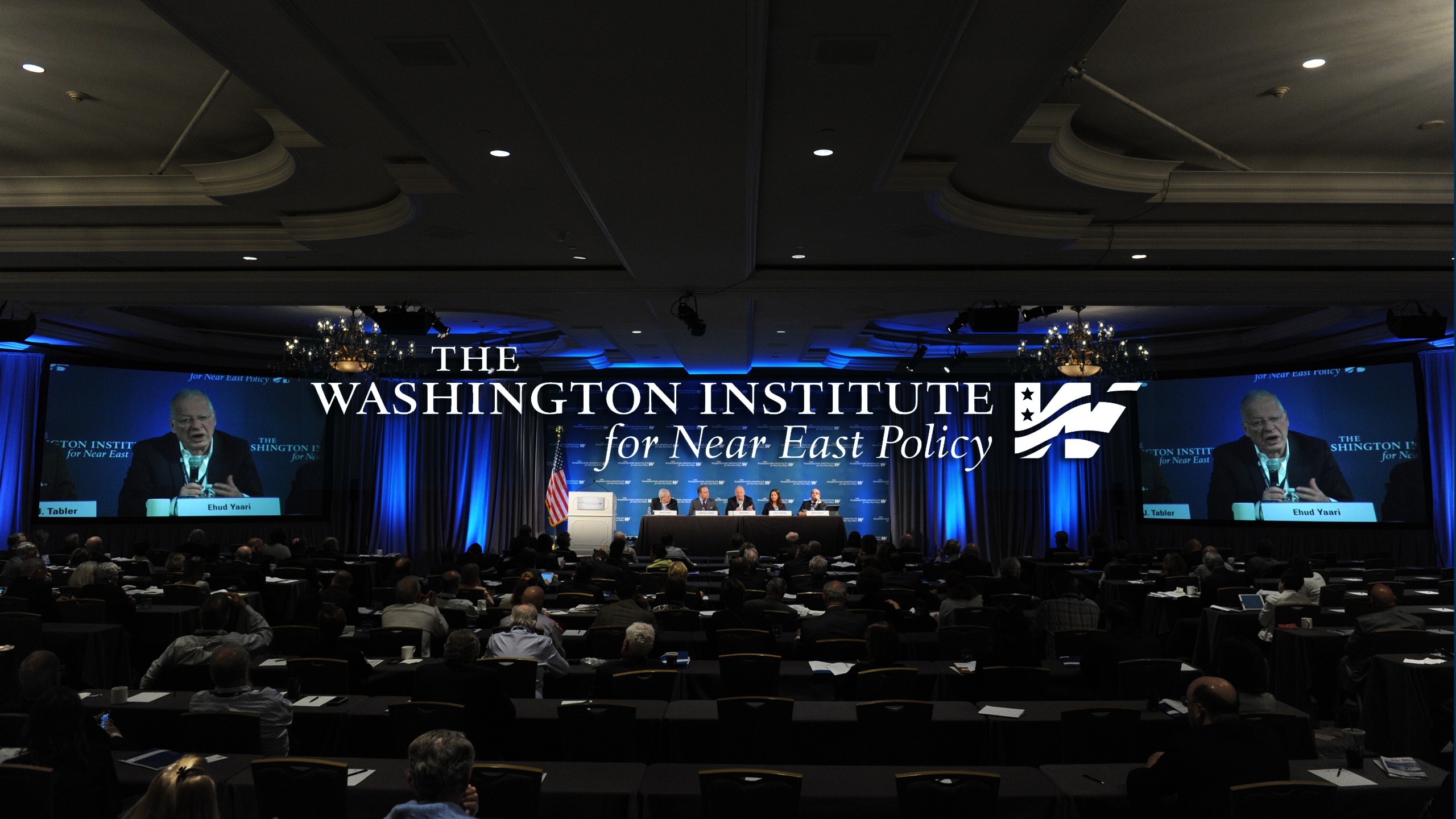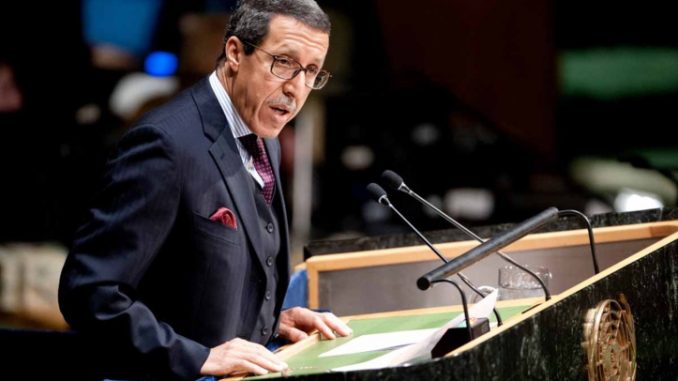The Washington Institute for Near East Policy has called on the Biden administration to be cautious in engaging Algeria as such approach does not guarantee it will shift away from Moscow and Beijing or defuse tension with Rabat.
In an analysis focusing on U.S. policy in North Africa, the Institute experts Sabina Henneberg and Amina Goulidi urged the United States to be cautious in its overtures to Algeria which has failed to prevent the recent Polisario rockets’ attack against the Moroccan Saharan city of Es Smara exacerbating Rabat’s tensions with Algiers.
Weeks before the deadly attack, the Algerian coast guard fatally shot two Moroccan-French jet skiers, underlined the analysts, stressing that these are worrisome signs of military escalation between the two neighboring countries.
They also urged Washington to continue supporting the UN-led process to resolve the Sahara dispute, while upholding the American recognition of Moroccan sovereignty over the territory and protecting Morocco’s crucial relations with Washington and Israel which are paramount importance to U.S. regional interests
In late 2020, the Trump administration recognized Morocco’s sovereignty over Sahara as part of a wider tripartite agreement with Israel, bringing Rabat into the landmark normalization process launched by the Abraham Accords.
After securing the support of the United States, Morocco’s longstanding ally and penholder on the UN Security Council resolution on the Sahara, Rabat is pushing international process aimed at ending the conflict, said the Washington Institute analysts.
Since then, Rabat has deepened its bilateral ties with Israel. The relationship has also facilitated Morocco’s acquisition of advanced weaponry like the Barak MX Defense system—a strategic move meant to counter Algeria’s growing arms’ purchases from Russia and China.
However, the Gaza war has affected Morocco’s relations with Israel. The Israeli Foreign Ministry issued an evacuation order for its Rabat liaison office last month, while the kingdom has expressed concern over the Israeli military campaign in Gaza.
In September, Deputy Assistant Secretary of State Josh Harris visited the region and met with senior Algerian officials and Polisario leader Brahim Ghali, said the Washington Institute, noting that these meetings raised questions over the U.S. nuanced approach which was smashed by the Gaza war and the Polisario rocket attack.
The United States could disrupt its longstanding relationship with Morocco if it does not use caution in navigating its evolving ties with Algiers, warned the Washington Institute, saying that Rabat is already diversifying its foreign partners amid growing regional skepticism about Washington’s reliability, betting on China and Russia’s strong push in Africa.
In the past month alone, several Chinese companies have announced new investments in the kingdom, including the establishment of cathode materials plants, a critical component in the burgeoning electric vehicle industry.
The U.S. efforts to engage Algiers could wind up injecting ambiguity into Morocco’s relations with the United States and Israel at a time of regional crisis, warned the experts of the Washington Institute.
They urged the U.S. administration to use its careful engagement with Algeria to mitigate tensions with Rabat and discourage further military escalation in the Sahara.
Furthermore, Morocco’s diplomatic ties with Israel could contribute to humanitarian and reconstruction efforts in Gaza after the war, serving broader U.S. interests in the region.



